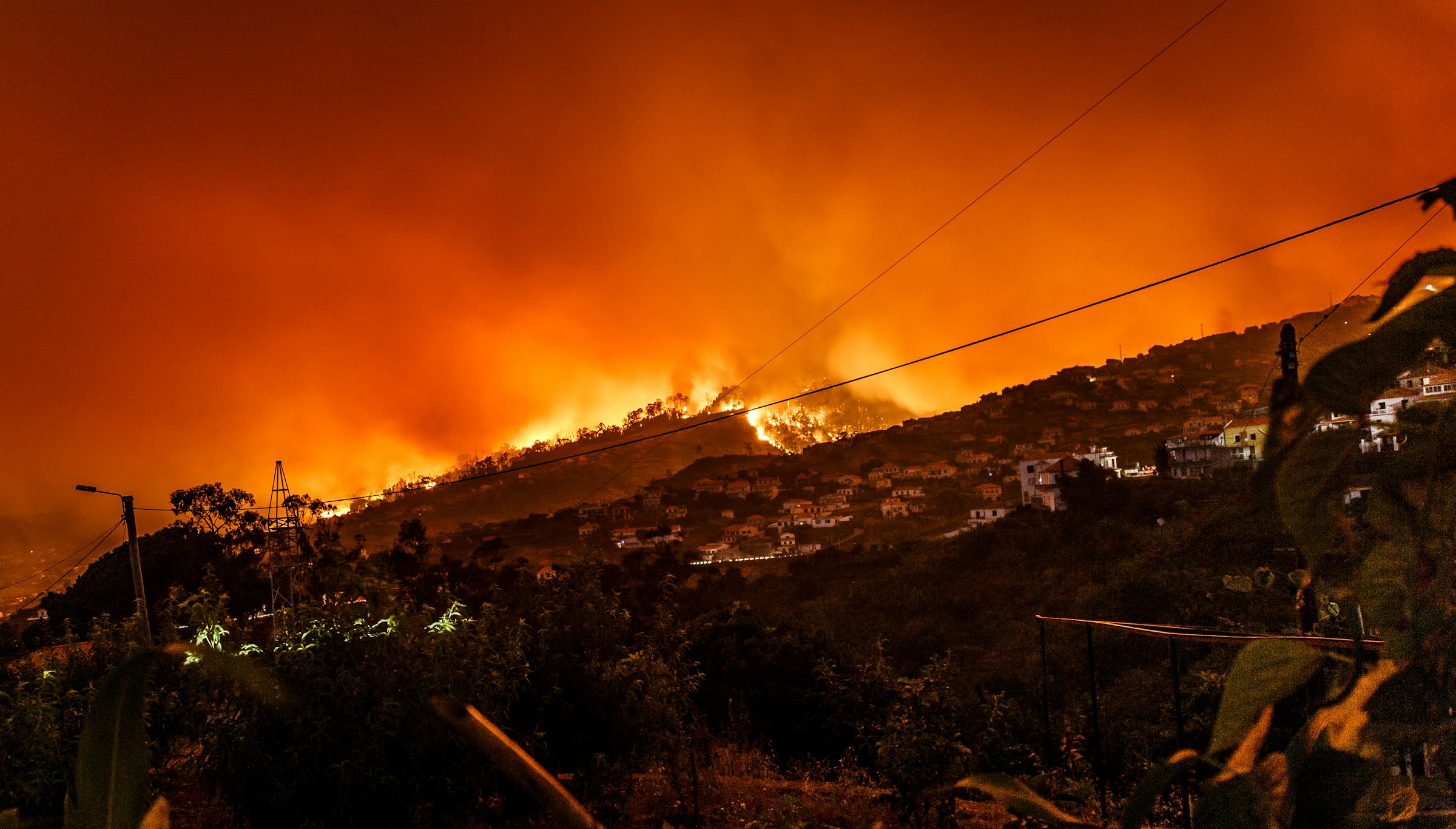One death. Over two dozen homes lost. And a blaze spreading faster than containment lines can be drawn. France’s wildfire in the Aude region is the largest in nearly 80 years—and it reveals a systemic weakness that’s becoming impossible to ignore. This isn’t just a climate event. It’s a leadership stress test.
While countries like the UAE and Saudi Arabia have begun recalibrating infrastructure design and risk protocols in anticipation of heat and drought, France’s lagging crisis preparedness suggests a wider European blind spot: climate volatility is no longer episodic. It’s structural. And systems built in the 20th century aren’t equipped for the pace or pressure of the 21st.
Wildfire risk in the Mediterranean region isn’t news. In fact, Southern France has long been labeled a high-risk zone by the European Forest Fire Information System (EFFIS). The broader EU even scaled up Copernicus satellite monitoring years ago in anticipation of more frequent heatwaves and drought-induced ignition events.
So why the lag? Why was this fire able to burn through an area “larger than Paris” before being contained?
The answer lies in France’s fragmented resilience model. Local firefighting units are highly trained but severely resource-constrained. Municipalities manage their own forest maintenance, and national adaptation frameworks often stop short of real capital allocation. This leaves smaller towns like Saint-Laurent-de-la-Cabrerisse dangerously exposed—especially when wind, heat, and fuel converge.
The deeper issue? Most of France’s adaptation strategy has focused on infrastructure retrofits and emissions targets, not rapid-response systems or scaled evacuation readiness for rural zones. Climate strategy, in other words, has been built around policy credibility—not lived emergency reality.
What breaks first in a climate disaster isn’t always infrastructure—it’s coordination. In France, fire response still operates under a layered chain of prefectural, departmental, and national command. But these layers slow down resource deployment, especially in rapidly evolving conditions like wildfire.
Contrast this with California, which—despite its own flaws—has embraced a centralized command model (Cal Fire) capable of surging resources across counties within hours. Or consider Australia, where decades of bushfire exposure have led to integrated systems that link meteorology, emergency management, and citizen alerts in near real-time.
The lesson here isn’t just about having more helicopters or flame retardant. It’s about information flow, command agility, and clarity of operational authority. France’s response, by contrast, still relies on cross-institutional cooperation that buckles under time-sensitive scenarios.
Beyond the obvious human toll, this wildfire strikes at an economic nerve: France’s rural south is a summer magnet for European tourists. The wine trails, heritage villages, and countryside rentals aren’t just cultural assets—they’re core GDP contributors during peak season. Which means this isn’t just an environmental failure. It’s a reputational and commercial one.
Climate-linked disruption is fast becoming the hidden liability of Europe’s tourism industry. Insurers are already repricing premiums for properties near forested zones. Travel operators face increased scrutiny around refund policies tied to natural disasters. And investors, quietly but critically, are reassessing the resilience of seasonal revenue streams in zones now vulnerable to fire, flood, and heat.
If France fails to modernize its emergency coordination and rural infrastructure in tandem, it risks undermining not just safety—but economic reliability. And for a country that stakes so much on its lifestyle economy, that’s a silent, long-term erosion of strategic competitiveness.
France’s Prime Minister calling the wildfire “a catastrophe of unprecedented scale” may be true in historical terms—but the language implies that this was unforeseeable. It wasn’t. And that’s the real problem.
In a world where climate volatility is no longer rare, strategic foresight can’t be optional. That means:
- Redesigning local command structures for speed, not bureaucracy
- Integrating weather tech, early warning systems, and community protocols
- Treating climate events as part of national economic strategy—not just civil protection
The comparison to Gulf nations is instructive. While they face different environmental challenges—namely water scarcity and heat—they’ve invested heavily in hardening both urban infrastructure and state coordination systems. Climate resilience isn’t just a green target in these countries—it’s tied directly to continuity planning and state credibility.
France must now do the same—especially if it wants to protect the social fabric and economic lifelines of its countryside regions.
This wildfire isn’t just a freak disaster. It’s a wake-up call for Europe’s mid-tier economies—particularly those with decentralized governance and aging infrastructure. Strategic adaptation can’t stop at energy transition or emissions pledges. It must include ground-level readiness, cross-border response agility, and institutional accountability. Otherwise, every summer becomes a roll of the dice.
And for countries like France, where beauty, culture, and heritage live side-by-side with growing ecological risk, the cost of delay is no longer theoretical. It’s burning—house by house, village by village.















